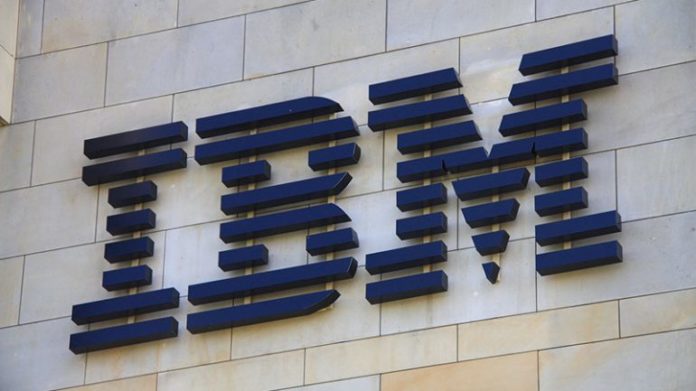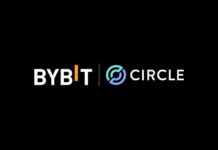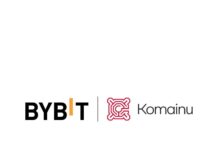
LTO Network and IBM Watson are collaborating to transform public services and are currently helping the Dutch District Attorney’s office to streamline their administrative processes.
The LTO Network is a hybrid blockchain platform that offers efficient information exchange through decentralized workflows. Its Live Contracts enable stakeholders to collaborate because they actively instruct humans and computers about the steps to take in a workflow.
Relieving the administrative burden of ZSM processes
ZSM (“zo snel mogelijk”) processes are administrative processes used by the Dutch District Attorney’s office. LTO Network will be working to optimize these processes on the blockchain, ensuring GDPR compliance and data privacy.
ZSM processes, meaning “as soon as possible” in English, are those in which the accused either has to take a simple action or pay a fine. No other steps, such as a court hearing, are necessary. These ZSM processes require extensive administration and running on the LTO Network blockchain with predefined logic automates them. All parties are able to participate using their own systems, and information is exchanged automatically between systems. Errors and lead times on files can be prevented.
IBM Watson will help to further streamline ZSM processes in the course of Q2 this year. When stakeholders input questions in the decentralized workflow, a cognitive computing system will be able to understand them and provide the right answer. It does this by using machine learning and advanced language recognition. The computing system will go through millions of documents looking for patterns. It will then rank results and adjust them until it finds the best answer to the question.
The hope is that the collaboration between LTO Network and IBM Watson will enable criminal cases to be ‘solved’ as much as four times more quickly.
Reducing supervision costs related to waste transportation
In 2018, The Human Environment and Transport Inspectorate (ILT) of the Dutch Ministry for Infrastructure commissioned LTO Network to reduce the supervision costs related to European waste transportation. It believed that a combination of applications for data intake and verification together with blockchain technology would pave the way for more efficient cross-border transfer of waste.
Using the LTO Network blockchain gets rid of heavy bureaucracy and releases human resources to be used on tasks that can’t be automated. Government bodies and companies get real-time verification of each step in a process.
LTO Network began its journey in 2014, and it just got primarily listed on the BitMax.io exchange on Jan 17th, launching with a number of clients and working projects. Portugal is holding the first government contest that will use blockchain technology to choose the winners of a GovTech contest for startups. In 2018 Chile’s National Energy Commission started using blockchain in energy. Every week, governments are announcing the adoption of blockchain-based technologies for different projects as an efficient, transparent way to streamline data. The blockchain revolution started some time ago, and many governments are busy evaluating and piloting how, where and why to deploy blockchain technology.
[newsletter_form lists="1"]










